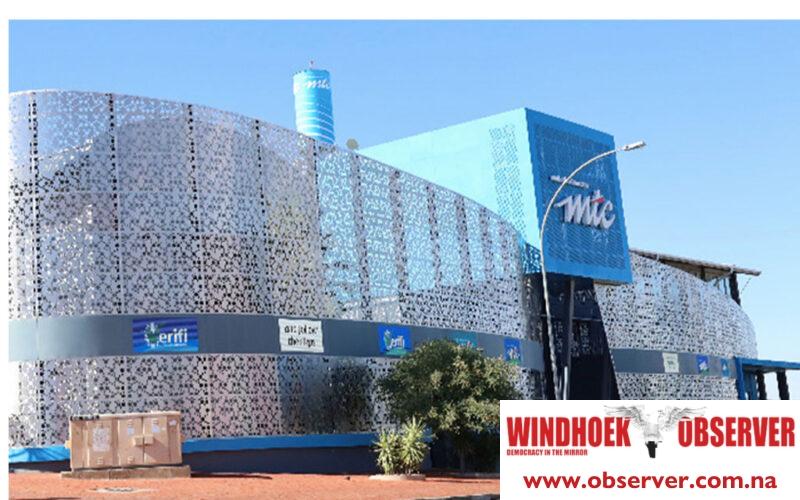Hertta-Maria Amutenja
The Internet Society Namibia Chapter (ISOC Namibia) has criticized Mobile Telecommunication Limited (MTC) for its continued collection of biometric data, citing it as a blatant violation of fundamental human rights.
The society’s president, Anna Amoomo, argues that the collection of such data infringes upon privacy rights and questions the security of storing biometric information.
“Attempts to justify the collection of biometrics by MTC remain elusive. We feel that biometric data doesn’t have to be part of the package. When one refuses to give their biometric data, they are refused registration That means they are denied their basic human right of access to information,” asserts Amoomo.
She added that the Electoral Commission of Namibia, in this electoral year, similarly seeks to gather biometric data for voter legitimacy, which prompts concerns regarding the extent of such data gathering and its implications for privacy and security.
In December, the head of the Payment Association of Namibia’s e-Money Forum, Paul Rowney, urged the country’s authorities to put an end to the biometric SIM registration exercise by MTC until personal data protection legislation has been enacted.
Last year, the Communications Regulatory Authority of Namibia (CRAN) removed the requirement for capturing biometric data as part of the registration process.
However, MTC continued to collect such data unperturbed.
Amoomo highlighted the lack of clarity surrounding the purpose of biometric data collection and expressed apprehension regarding data security measures in Namibia.
She pointed out that many citizens are disconnected from the significance of such registration due to inadequate civic education, which has led to widespread confusion and apprehension among the public.
Amoomo also raised concerns about the implications for individuals without identification or stateless persons, who may be marginalized or denied basic services as a result of the mandatory biometric registration.
“Some of the reasons we have people disconnected were because the campaign just said we needed to register but not why, without basic civic education it paints a different picture. And MTC did not take into consideration that there are people in the country without identification and are stateless,” she said.
Responding to criticisms, MTC’s corporate communication manager, John Nekongo, stated that the company’s primary focus currently lies in reinstating services for customers with suspended SIM cards during the grace period.
“Currently, our efforts are focused on serving our customers who are using the grace period to have their suspended SIM cards restored,” he said.




